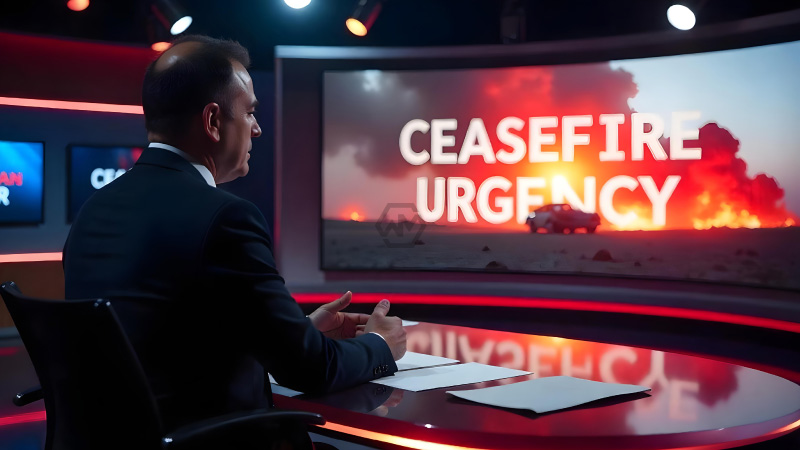- The Biden administration seeks a ceasefire deal before the President-elect takes office.
- Mediators from Qatar and Egypt are facilitating negotiations with U.S. support.
- Humanitarian conditions in Gaza worsen as airstrikes and displacement increase.
The White House, led by Secretary of State Antony Blinken, is expediting efforts to broker a ceasefire agreement between Israel and Hamas. The Biden administration aims to secure a deal within the next two weeks to stabilize the region and alleviate the growing humanitarian crisis in Gaza.
As violence escalates, the toll on Gaza’s civilian population continues to rise. Over 100 Palestinians have been killed in recent airstrikes, further straining already limited resources and infrastructure.
Ceasefire Talks Gain Momentum as Humanitarian Crisis Deepens
The Biden administration’s push for a ceasefire reflects mounting pressure to address the devastating impact of ongoing hostilities between Israel and Hamas. Blinken has called for swift action, emphasizing the need for peace before the transfer of power in Washington. Despite these efforts, tensions persist, with both sides demanding significant concessions.
Hamas has insisted on a comprehensive end to hostilities in exchange for hostage releases, while Israel maintains its stance on dismantling Hamas’s military infrastructure. Mediators face the difficult task of bridging these gaps while ensuring the deal aligns with international law and security concerns.
The humanitarian situation in Gaza underscores the urgency of a ceasefire. Thousands of civilians are displaced amid harsh winter conditions, with limited access to food, water, and medical aid. Reports indicate significant damage to critical infrastructure, complicating recovery efforts and endangering vulnerable populations.
Regional players like Qatar and Egypt play pivotal roles in negotiations, leveraging diplomatic channels to encourage compromise. However, experts warn that a sustainable resolution will require broader international cooperation and long-term strategies beyond a ceasefire.
A ceasefire between Israel and Hamas is crucial not only to alleviate immediate suffering but also to pave the way for broader peace and stability in the region.
“We must prioritize humanity over conflict, ensuring that peace is not just a pause but a pathway forward.”



